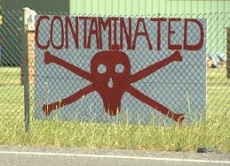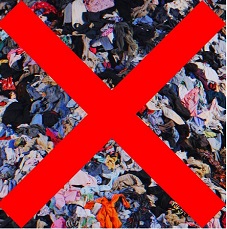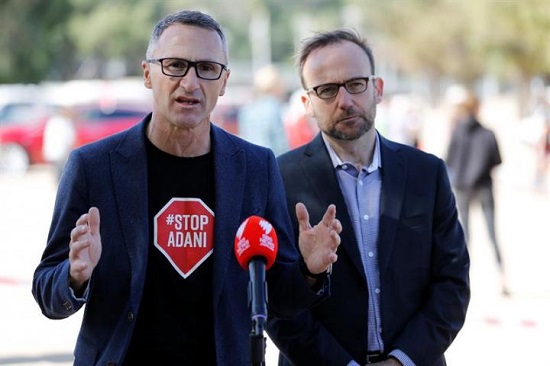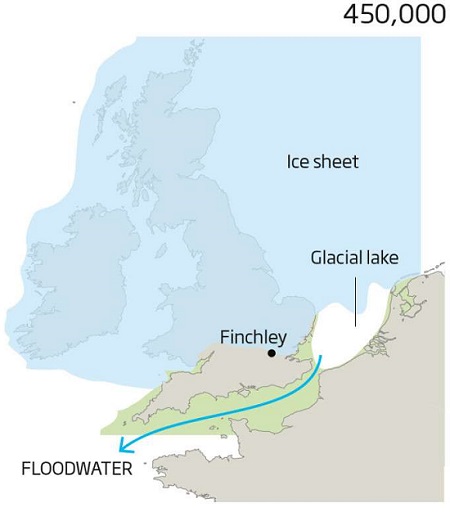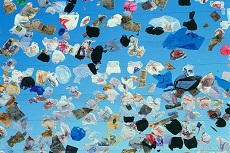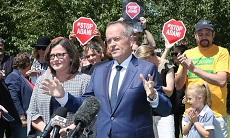Don Watson’s article in The Monthly poses a powerful message to all of us seeking the radical changes needed to give the world a future. The target was Labor supporters but the message is equally important to the Greens and other progressive parties. In a sense the article supplements Greta Thunberg’s speech to the UN with its memorable bottom line of: “We are in the beginning of mass extinction, and all you can talk about is money and fairy tales of eternal economic growth,” (Given that the human plague has grown by over 22% (1.5 billion) since she was born and 3 times since 1950 perhaps she should have added eternal population growth to the fairy tales that require urgent action.)
The future desperately needs leadership that can inspire us to support the action required to minimize the damage being done by the human plague in a way that doesn’t make the people at the bottom of the pile even worse off than they are now.
Don Watson’s article was about the importance of speech writers like Labor’s Graham Freudenberg who have a clear vision on policy and ideas combined with the skills to turn these things into memorable, stirring speeches like Gough’s “It’s Time” speech.
Category Archives: Environment
Health warning on PFAS
Unless you were living under a rock you would know that Erin Brockovich was here in Oz earlier this week announcing a Landmark class action over PFAS contamination in Australia.
PFAS has notoriously been used by the defence institutions in firefighting foam across the country. The chemicals have leaked into the surrounding environment. Now Shine lawyers are about to file a class action on behalf of up to 40,000 people who live and work on land contaminated by PFAS, suing the Australian Government, arguing their property values have plummeted.
The focus is on eight defence bases in particular, but there are plenty of hotspots around, as this map shows:
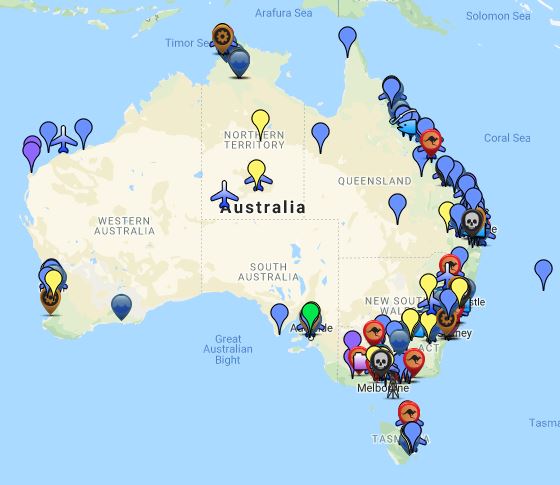
As it happens, on the weekend I read an article in the New Scientist Takeaway food packaging may be source of synthetic chemicals in blood which in the dead tree version carried the more accurate title Eating out can bring a side serving of suspect chemicals, also fingering PFAS. Continue reading Health warning on PFAS
The price of protest in fashion waste
When I was young, we wore clothes until the wore out. I had an elder brother, and got to wear hand-me-downs.
This all changed, possibly in the 1970s and 1980s. Now we have the phenomenon of single-use clothing, ironically often T-shirts worn by people crusading to save the planet. Richard di Natale is, I think, the Australian politician most often seen in T-shirts. During the last election he often looked like this:
Final chapter on Adani?
Probably not. There is more than one issue to be finalised before Adani can press ‘go’, and all the time the social licence to mine coal is fading.
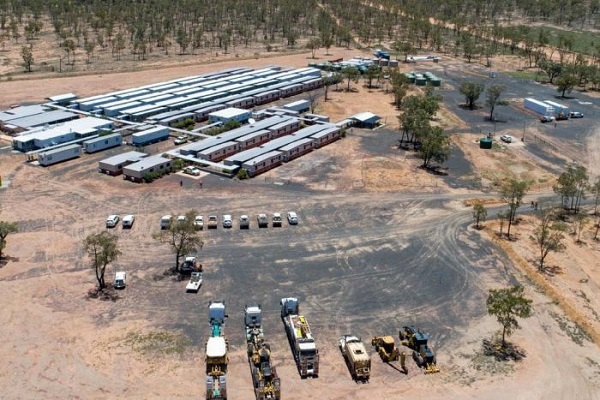
Just before the Federal election was called, on 8 April 2019, environment minister Melissa Price signed off on groundwater approvals under clear and public political pressure from her Queensland colleagues. But the report from CSIRO and Geoscience Australia gave the Adani plans anything but a clean sheet:
- In terms of the careful language used by scientists and bureaucrats, the assessment was damning. Continue reading Final chapter on Adani?
The original Brexit

The first Brexit happened a very long time ago. According to Richard Webb in Brexit, 10,000 BC: The untold story of how Britain first left Europe (New Scientist), the white cliffs of Dover did not exist 450,000 years ago, just rolling hills. However, as usual, there was an ice age, and a glacial lake was formed in what is now the North Sea:
Climate clippings 230
1. NSW Labor pledges state-owned renewable energy company to power three million homes
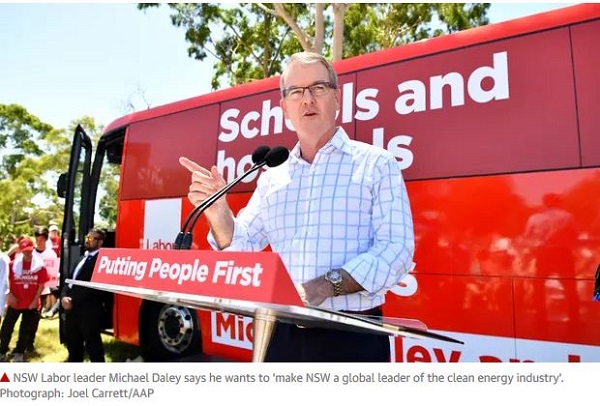
- A New South Wales Labor government would establish a state-owned renewable energy company to support the rollout of enough renewable energy to power more than three million homes across the state in the next decade.
On Monday the NSW opposition leader, Michael Daley, announced that if elected on 23 March, Labor would deliver seven gigawatts of extra renewable energy by 2030.
The Murray-Darling in crisis
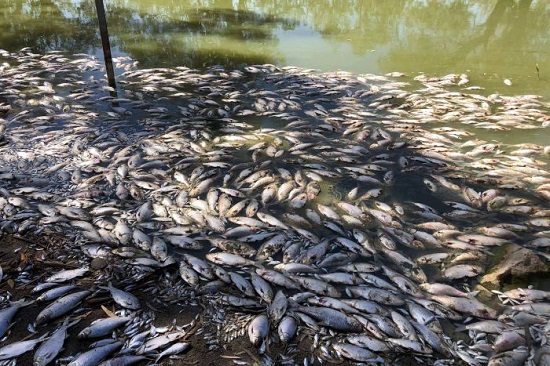
Unless you’ve been living under a rock you will know that there has been a horrible fish kill on the Darling River near Menindie in central west NSW. Actually there was one before Christmas, a big one on 6-7 January, and now a third, “worse than last time”. Continue reading The Murray-Darling in crisis
Brazil election climate alert

- In Brazil’s first-round election on October 7, far-right candidate Jair Bolsonaro outperformed what polls predicted to win 46% of the vote — less than 5 points short of an outright victory. His top rival, left-leaning Fernando Haddad, earned 29%. The two will face each other in an October 28 runoff.
That’s from AS/COA Poll Tracker.
According to Megan Darcy at Climate Home News, Bolsonaro plans to gut forest protections and open the Amazon to exploitation, while Haddad is promising to install half a million solar rooftops a year. Continue reading Brazil election climate alert
Monsanto pinged in Roundup cancer trial
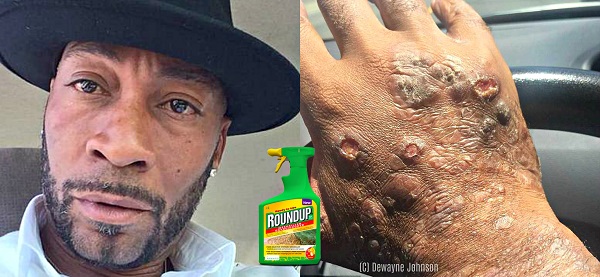
-
In the first of many pending lawsuits to go to trial, a jury in San Francisco concluded on Aug. 10 that the plaintiff had developed cancer from exposure to Roundup, Monsanto’s widely used herbicide, and ordered the company to pay US$289 million in damages.
The plaintiff, Dewayne Johnson, had used Roundup in his job as groundskeeper in a California school district. He later developed non-Hodgkin lymphoma. The jury awarded Johnson $39 million in compensatory damages to cover pain, suffering and medical bills due to negligence by Monsanto, plus an additional $250 million in punitive damages.
A world drowning in plastic
A recent cover story in the New Scientist has the odd title Fixing planet plastic: How we’ll really solve our waste problem (pay-walled). Odd because the article tells us there is no perfect solution except avoidance, and that plastic is so useful that if we didn’t have it we would have to invent it.
The article tells us:
- the early 20th century, humanity has produced an estimated 8300 million tonnes of the stuff. Around three-quarters has been thrown away, and 80 per cent of that has drifted into the environment or gone into landfill. Eight million tonnes a year end up in the ocean – 5 trillion pieces and counting.
Raping the rainforests to ‘save’ the planet
Here’s a video first published by Greenpeace in Germany on Facebook. Here’s a screenshot:
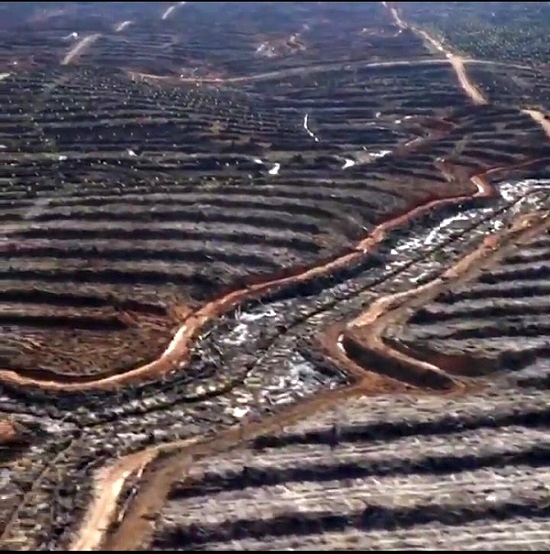
An area half the size of Paris, which used to look like this in Irian Jaya, the Indonesian province once known as West Papua: Continue reading Raping the rainforests to ‘save’ the planet
Adani casts a long shadow over Batman
Bill Shorten probably knows Labor can’t win the byelection in the Melbourne seat Batman while supporting the far-away Adani coal mining project at Carmichael in the Galilee Basin in central Queensland. So he looks set to oppose the mine.
However, Queensland LNP senators Matt Canavan and Ian Macdonald and Capricornia MP Michelle Landry have invited Shorten to come to Townsville to explain his position there, and ultimately that is what he must do. Continue reading Adani casts a long shadow over Batman

